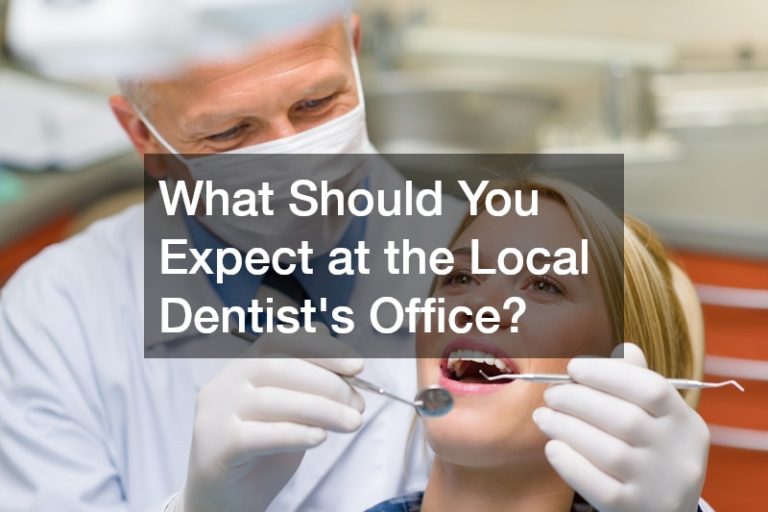

Curious about sleep apnea and how it?s treated? Here?s all you need to know about the condition, sleep apnea symptoms, and sleep apnea treatments:
What is Sleep Apnea?
Sleep apnea is a condition where your breathing stops and starts throughout the night. There are three recognized types of this condition. Obstructive sleep apnea is the most common form and happens because the throat muscles relax and collapse. Central sleep apnea happens when the brain isn?t sending the right breathing signals to the muscles during sleep. Complex sleep apnea is rarest and is a combination of the first two.
What are the Symptoms of Sleep Apnea?
There are several things to look out for, including excessive sleepiness during the day, even if you thought you got a good night?s rest; waking up with a dry mouth every morning; regular morning headaches; loud snoring; or waking up suddenly feeling as if you are short of breath. If you?re experiencing these, you need to be seeing a doctor to make sure you get the right diagnosis and the right sleep apnea treatment if you need it.
Is it Common? How Dangerous is it?
Approximately 18 million people in the United States have sleep apnea right now, and experts estimate that 2% to 4% of the population have it but have not yet been diagnosed. Sleep apnea can interfere with your ability to get oxygen, which is probably why untreated sleep apnea makes a person three times more likely to develop heart disease. Obstructive sleep apnea is also linked to a much higher rate of temporomandibular disorder, according to the Journal of Dental Research.
What Kinds of Sleep Apnea Treatments are There?
There are six sleep apnea treatments worth knowing about. Possibly the best known is CPAP therapy, which involves wearing a mask while sleeping that keeps the throat open and breathing regular. It is also possible to try dental appliances that can hold the tongue in place and resolve breathing issues. A dentist can help design one to fit the wearer perfectly. Some people get surgery on the tongue, jaw, soft palate, or tonsils that can help resolve sleep apnea in some cases.
Sleep apnea treatments for less severe cases can include positional therapy, weight loss, and lifestyle changes. These are also sometimes used in conjunction with other treatments. Weight loss can be effective as it is sometimes the extra tissue in the throat that is causing an obstruction. Positional therapy forces people to sleep on their sides, which often clears the airway and the breathing. And some lifestyle changes, such as giving up alcohol, which relaxes the throat muscles, can sometimes help.
Sleep apnea is a serious condition that requires medical help to resolve. If you suspect you have it, see a doctor right away to get a diagnosis. Then discuss what sleep apnea treatments might be available to help you rest well and breathe easily, so you can live your life to the fullest every day.


